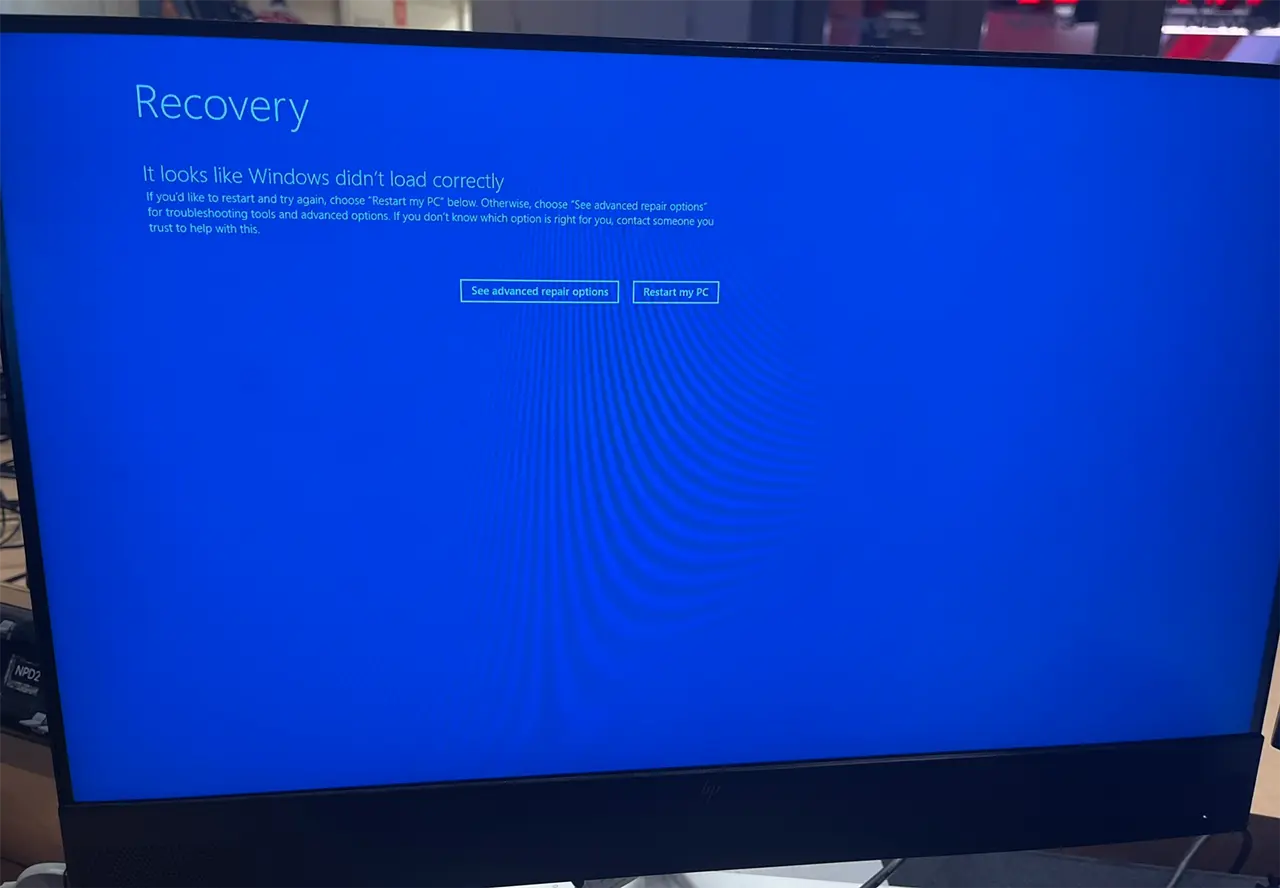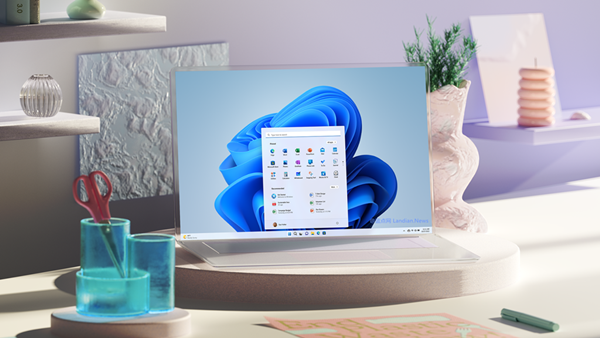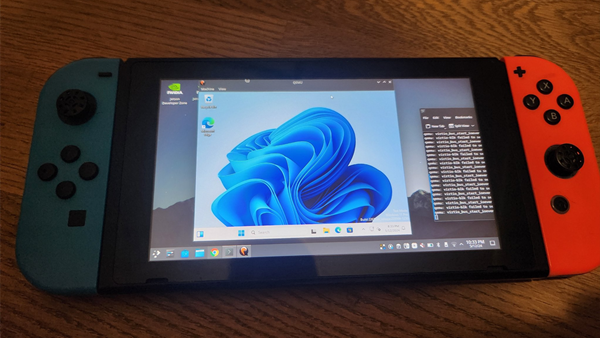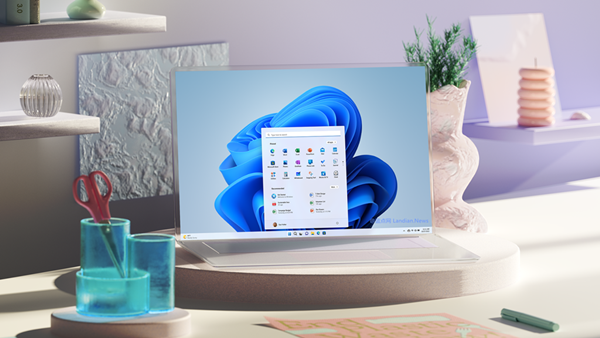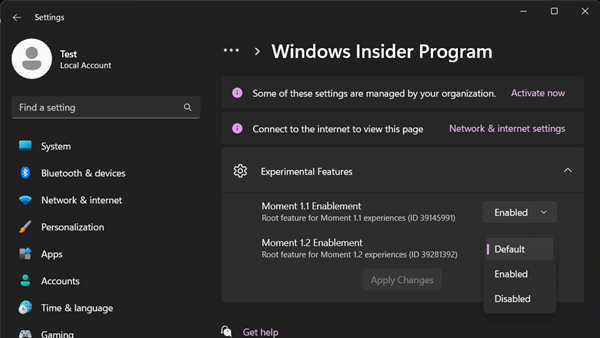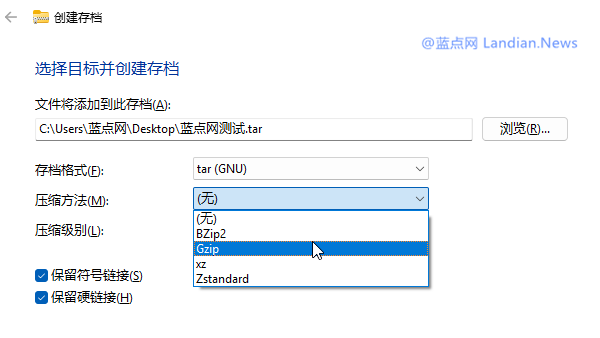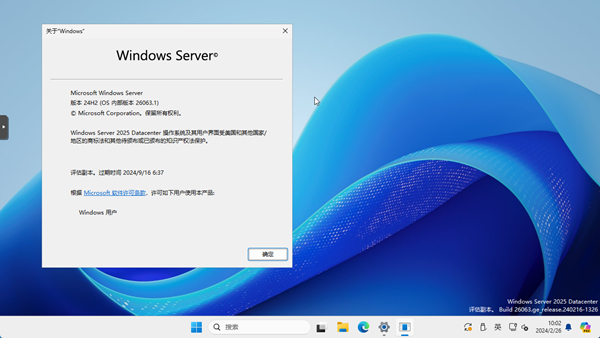Microsoft Announces Measures to Prevent Global Blue Screen Incidents Through Security Firm Partnership
In July, an update released by the American cybersecurity firm CrowdStrike, which hadn't undergone rigorous testing, led to approximately 8 million computers and servers worldwide experiencing blue screen crashes. This global blue screen event had a profound impact, particularly on aviation systems, causing significant losses for Delta Airlines in the U.S.
In response, Microsoft hosted an emergency security summit this month, inviting cybersecurity software developers, government officials, and vendors to discuss the incident and future prevention strategies. For Microsoft, such issues are intolerable as they could lead to the perception of Windows as an unstable system, potentially causing companies to abandon it.
In a blog post, Microsoft stated, "We convened various endpoint security vendors and government officials from the U.S. and Europe to discuss strategies for enhancing resilience and protecting our shared customers' critical infrastructure.
The ideal solution would involve Microsoft and interested security companies sharing their methodologies, with all parties agreeing to establish a standard to prevent incidents like the CrowdStrike-induced blue screen crashes."
Microsoft has reached an agreement with security companies on several key points:
- Performance requirements and challenges outside of kernel mode
- Tamper protection for security products
- Requirements for security sensors
- Principles for development and collaboration between Microsoft and the ecosystem
- Security design goals for future platforms
Microsoft also highlighted how security companies could collaborate more effectively to achieve better outcomes. While acknowledging competition among vendors, Microsoft emphasized that the real enemy is hackers.
The discussion also touched on Microsoft Defender, although Microsoft does not see its issues as significant. Instead, Microsoft aims to establish standards ensuring that competition among security software does not compromise performance, allowing third-party security software to offer exceptional performance on Windows, akin to Microsoft Defender.
